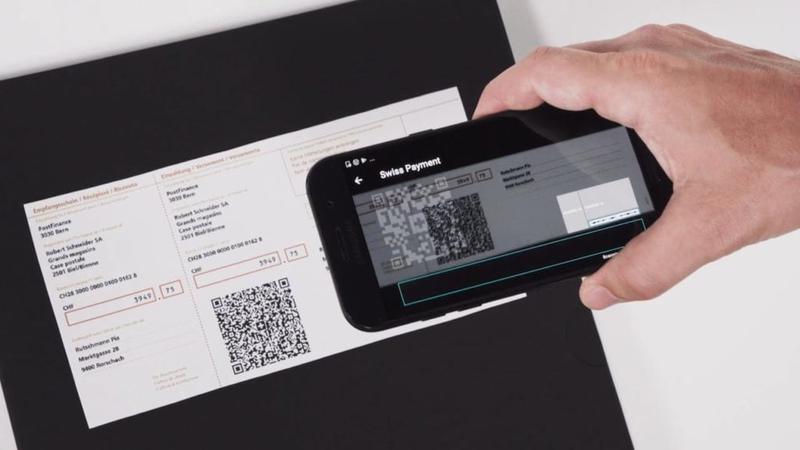

Passionate Computer Science undergrad with interests in Computer Vision and Android development. Ever curious and enthusiastic about learning new technologies.
Hi, I am Nishchal, born in Shimoga, brought up in Bangalore and a proud Kannadiga. I was known to be a silent but naughty kid in the past, however, now often referred by adjectives like calm, confident, assertive, team player, and nerd! I am a fan of cricket, movies and series with special interest in suspense thrillers and quantum physics related SciFi . Cooking and Acting are some surprising skills I possess.
I completed my higher secondary education in National Public School, Bangalore and I am currently pursuing B.E in Computer science at RV College of Engineering, Bangalore. I have done projects and research in collaboration with Samsung R&D, ISRO, Wipro and IISC on Artificial Intelligence, with specific interests in Computer Vision related problem statements. I have also done some consultancy projects to gain development experience in Android Studio. I am currently interning in the Advance Research Group of Samsung R&D, Bangalore on Ultra Wide Band technology.
1. Intern, Advance Research Group, Samsung R&D, Jan 2022-Current: I am working as a research intern under the Sensor Intelligence team on the project, human presence detection and counting in UWB technology. I am handling the end-to-end pipeline of the project: data collection, digital signal processing and deep learning algorithm development.
2. Summer Intern, Advance Research Group, Samsung R&D, May 2021-July 2021: I have worked as a research intern under the Sensor Intelligence team on human action classification in UWB technology. My contribution was mainly in the deep learning algorithm development.
3. Intern, Wipro – Indian Institute of Science (IISC) (WIRIN) Project, Jul 2020-Jun2021: Worked on Integration of Carla Simulator with NS3 network simulator for Autonomous Vehicles to Implement V2V and V2X environment simulation in accordance to DSRC IEEE 802.11 protocols.
4. Research Intern, Indian Space Research Organization (ISRO), Aug 2020-Jun 2021: I worked on single and multiclass classification of multispectral and hyperspectral Satellite Image data using models like Segnet and UNET. Designed and developed a Convolutional Neural Network for Pansharpening of Multispectral Imagery and a model based on 3D convolutions to perform semantic segmentation on Hyperspectral Imagery. Click here to know more
5. Research Intern, Finplex Solutions Pvt Ltd, Jun 2020-Aug 2020: I researched on Key-point detection for Human Foot on Image and Video feed from mobile devices using light-weight on Device Human-Pose Estimation models. Click here to know more




